Trump’s revolution is coming for the health technocrats
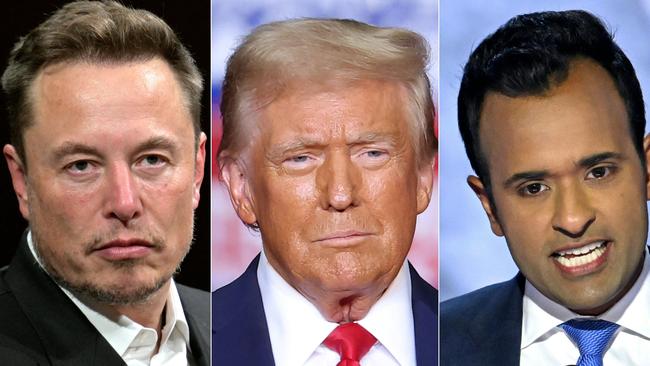
Trump clearly is not a believer in catastrophic climate change, otherwise his favourite phrase would not be “Drill, baby, drill”.
Like most Americans and his right-hand man, Vivek Ramaswamy, Trump can see climate change is being used as a front in the culture wars.
In a Rasmussen poll, 60 per cent of Americans agreed with Ramaswamy’s comment that climate change had become a religion that “actually has nothing to do with the climate” and was really about power and control. This is a huge and understandable vote of no confidence in the cataclysmic assertions of climate science.
Even worse, a survey published by the American Medical Association found trust in physicians and hospitals collapsed from 71 per cent to 40 per cent across the course of the Covid-19 pandemic. And who can blame people for this collapse of trust, given the genuine conspiracies by government science authorities?
In his first term Trump was unsuccessful in bringing any useful scrutiny to the more extreme climate and environmental science issues. Scott Pruitt, Trump’s first head of the Environmental Protection Agency, was a fan of employing so-called red teams to challenge the science behind many environmental regulations.
However, Trump was vigorously opposed by Washington insiders and from within his own Republican Party, so his scepticism about the veracity of science institutions came to nothing.
But times have changed and he now owns the Republican Party and all levels of federal government. Any doubts that Trump means to do something about the failing science institutions should be dispelled by the nomination of Robert F. Kennedy Jr to run the US Department of Health and Human Services.
Kennedy has maintained for years that the American medical sciences are plagued by corruption, stemming from the enormous amounts of money received from the drug industry. Do they have too much influence on government regulators? Kennedy says he wants to return the agencies “to their rich tradition of gold-standard, evidence-based science”. And he has stated: “I’m not anti-vaccine. I just want good science.”
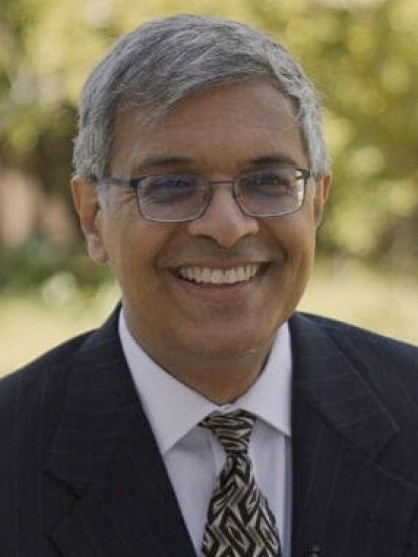
But Kennedy is just the beginning of the insurrection in the health sciences. Trump has nominated Marty Makary to head the Food and Drug Administration; Makary crossed swords with the medical establishment over Covid lockdown policies.
And Trump’s nomination for US surgeon general, Janette Nesheiwat, has strongly criticised the American Academy of Pediatrics for using puberty blockers to treat children with gender dysphoria.
But most remarkable is the nomination of Jay Bhattacharya to lead the National Institutes of Health. He was co-author of the Great Barrington Declaration, which pointed out the damage of Covid lockdowns. The medical science establishment tried to crucify him, now he will be its boss.
Of course, most areas of science are rock solid and nobody doubts it. There is no doubt that Newton’s laws of motion work. Industrial science is audited by the red team called cold hard reality. But in many areas where success and failure are not obvious, better systems are needed to stop groupthink, ideology or self-interest influencing the scientific wisdom. Top among these systems is ensuring there is guaranteed debate, checking and auditing, which is largely what Kennedy is advocating.
In this regard, scientists are 180 years behind accountants and 300 years behind lawyers and politicians. Auditors are accountancy red teams. Defence lawyers are legal red teams, as is British Opposition Leader Kemi Badenoch. All these innovations are examples of the wonderful development of the institutions of Western civilisation, especially the British sub-branch. They happened because there was an obvious systemic deficiency that needed correction.
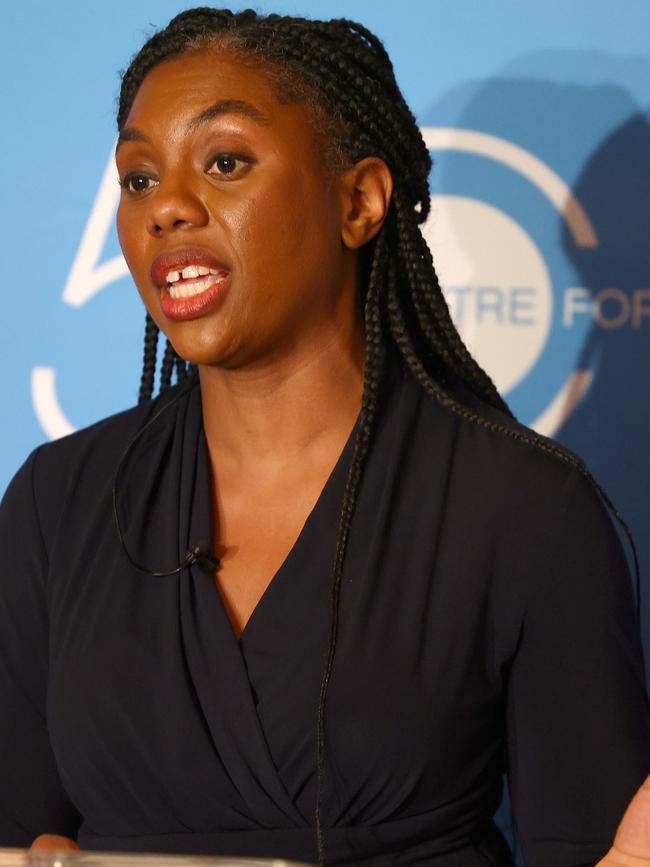
Compulsory auditing of public companies started, at least theoretically, in 1844 in Britain. Arguably, it took a half-century to become effective. Similarly, defence lawyers were first allowed in criminal trials in the 1730s because it could be seen that there was a major missing part of the legal system. The accused were not good at defending themselves. Australia did not formally recognise, or even pay, the federal opposition leader until 1920. It can thus be seen that formalising official red teams has been a long process in society.
It is now science’s turn. In Australia, we need red teams to scrutinise the science behind the Great Barrier Reef and how it ended up with record amounts of coral after supposedly being almost destroyed a dozen times in the past six decades. Add to that bushfire and forest management, the Australian Covid response, the closure of our fisheries, the transgender cult, and climate and energy policy. Then throw in whether our education and social science research institutions have done more harm than good to society. Is there any chance these have been affected by groupthink, ideology or pure self-interest?
Trump, Ramaswamy, Kennedy and others hopefully will begin to Make American Science Even Greater. We need to do the same in Australia.
Peter Ridd is an adjunct fellow at the Institute of Public Affairs.

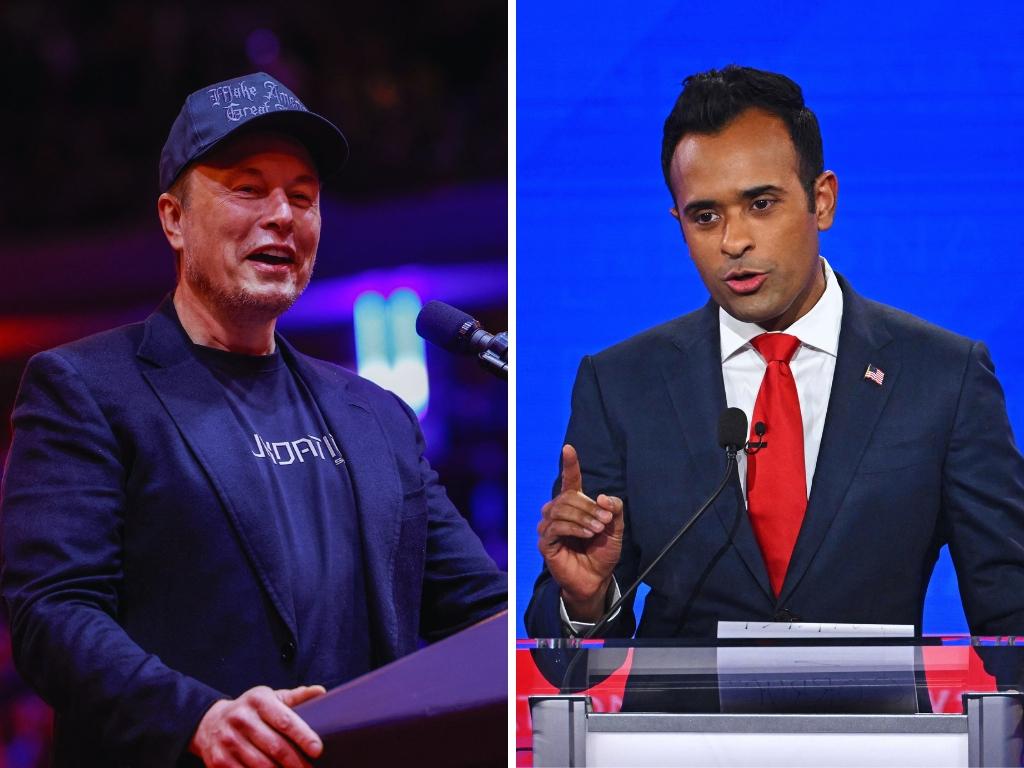

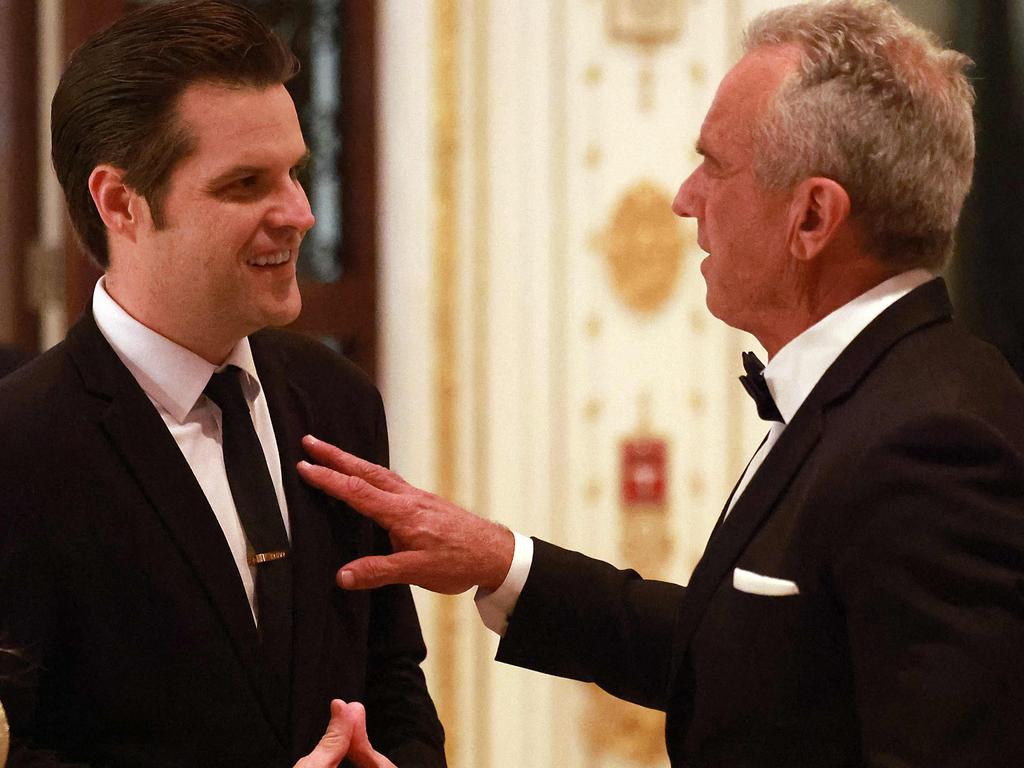


Of all the creatures in the US bureaucratic swamp, environmental and medical science organisations have the most to fear from the return of Donald Trump. The science behind claims of catastrophic climate change, and many environmental and medical issues, finally will be subject to scrutiny.